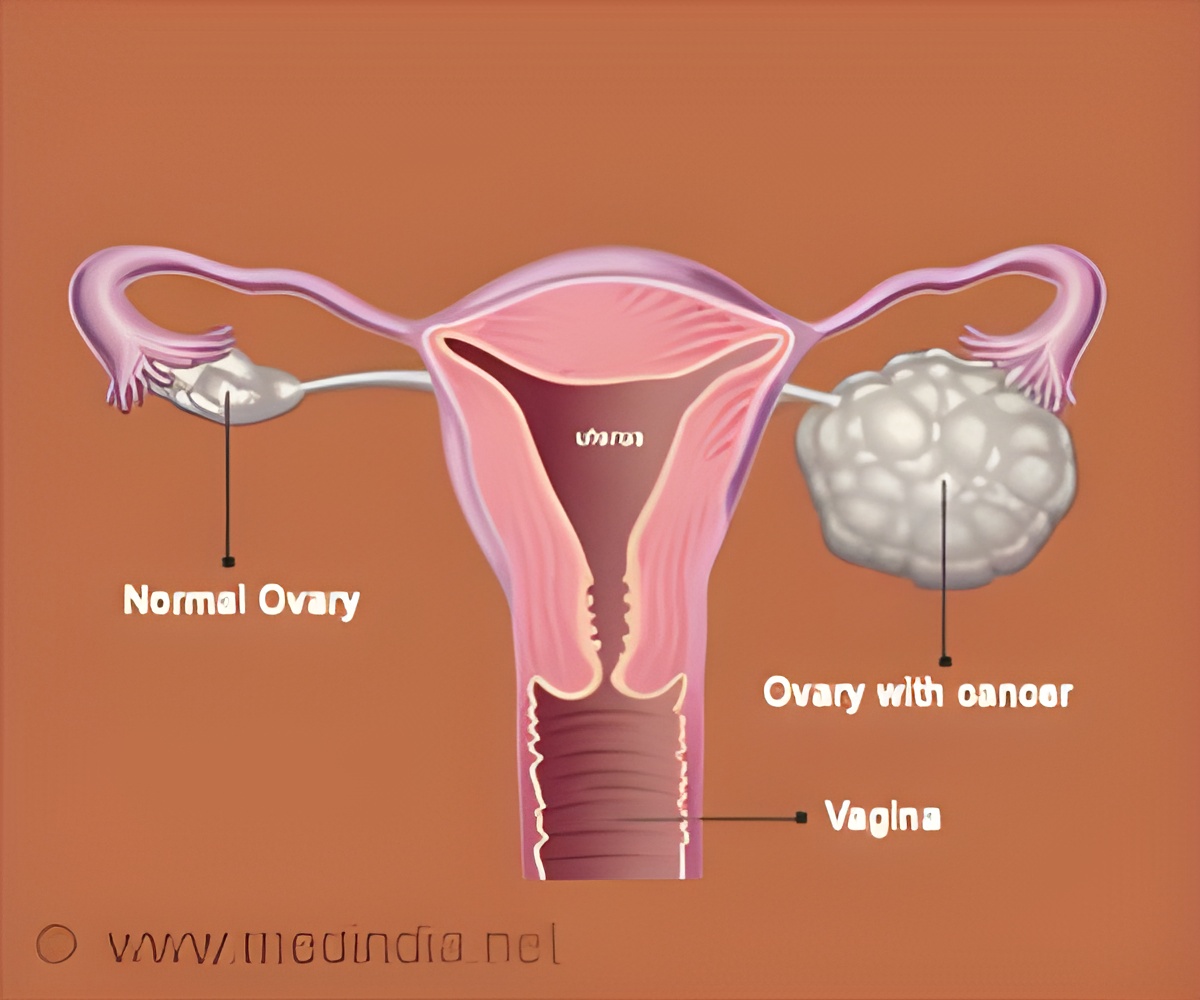The combination of the personalized cancer vaccine with ACT led to ovarian cancer control in few patients within a span of three months, stated study results.

A phase 1 trial of adoptive transfer of vaccine-primed autologous circulating T cells in ovarian cancer
Go to source).
Personalized Vaccine and ACT Control Ovarian Cancer
According to the study published in Nature Cancer journal, combining the personalized cancer vaccine with ACT yielded control of the disease within three months in 12 of 17 patients and the treatment was also found to be safe and relatively well tolerated. Researchers analyzed responses to the combination therapy of 18 patients with advanced ovarian cancer who had previously participated in a clinical trial evaluating a therapeutic regimen that incorporated the personalized cancer vaccine developed by the institute itself. During the study, patients were given an infusion of their own vaccine-primed, circulating immune cells (specifically, T cells), followed by multiple periodic doses of their personalized vaccines.TOP INSIGHT
In ovarian cancer, a notable finding was the rejuvenation of T cells targeting neoantigens via combination therapy, strongly linked to positive treatment outcomes. #ovariancancer #womenhealth
"Ovarian cancer, like many other malignancies, has so far proved largely resistant to immunotherapies, most of which harness killer T cells, which destroy sick and infected cells. Ovarian cancer cells do, however, express neoantigens, which are randomly mutated proteins that can activate anti-tumor T cell responses, the study mentioned. We were very happy that we could demonstrate how the combination therapy improved anti-tumor immune responses, and that those changes correlated to patient benefit," said Sara Bobisse, senior author of the study.
According to George Coukos, one of the authors of the study, this study illustrates how rational approaches to the design of immunotherapies can help overcome the barriers to immune responses that are erected by a variety of cancers, not least ovarian cancer.
Reference:
- A phase 1 trial of adoptive transfer of vaccine-primed autologous circulating T cells in ovarian cancer - (https://www.nature.com/articles/s43018-023-00623-x)
Source-IANS
 MEDINDIA
MEDINDIA




 Email
Email










